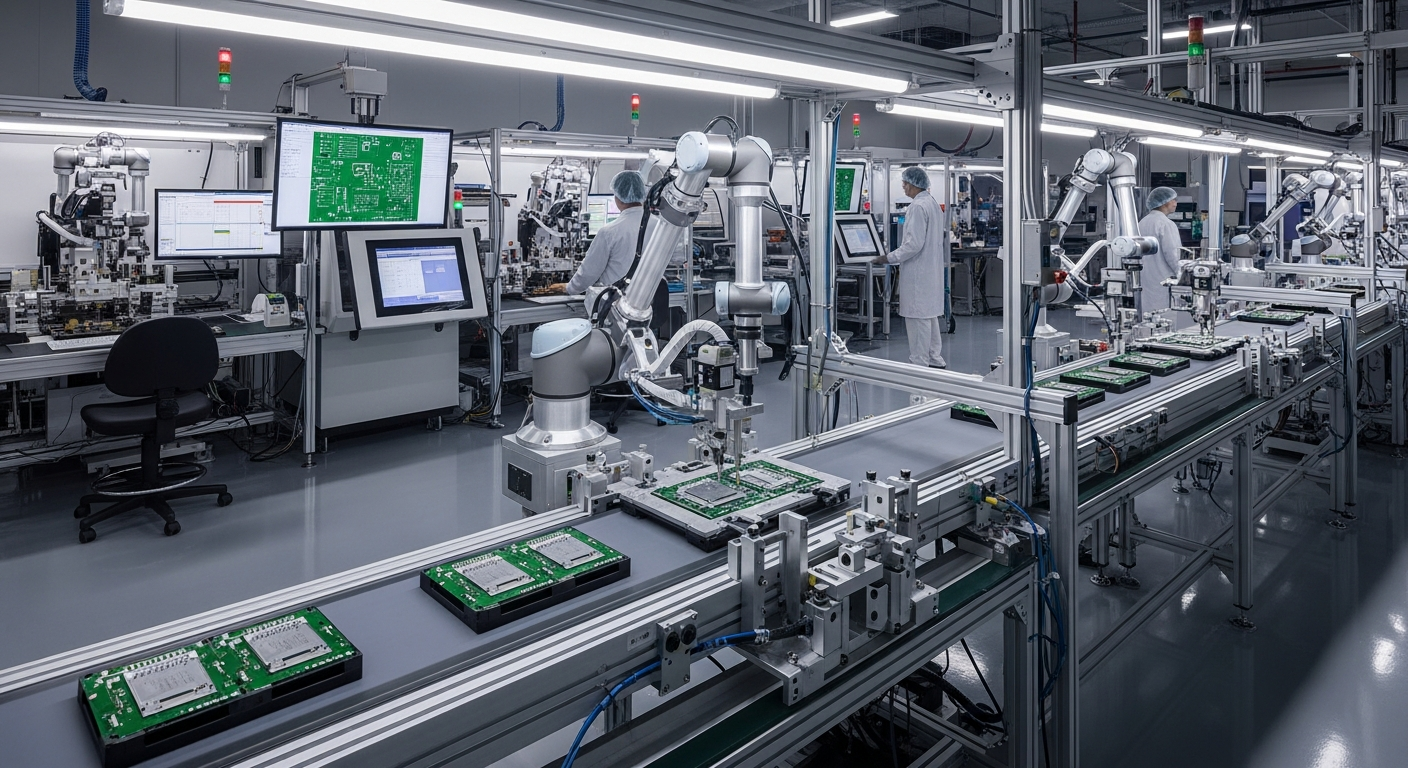Synthetic Fuels: Racing Towards a Cleaner Combustion Future
In the fast-paced world of automotive innovation, synthetic fuels are emerging as a promising solution to bridge the gap between traditional combustion engines and a more sustainable future. This cutting-edge technology offers a tantalizing prospect: the ability to power our beloved internal combustion engines without the environmental guilt. As we dive into the world of synthetic fuels, we'll explore how this groundbreaking development could reshape the automotive landscape, offering a lifeline to classic car enthusiasts and a potential path forward for the industry as a whole.

This process effectively creates a carbon-neutral fuel, as the CO2 released during combustion is offset by the CO2 captured during production. The result is a fuel that behaves similarly to traditional gasoline or diesel but with a significantly reduced carbon footprint.
From Niche to Mainstream: The Evolution of Synthetic Fuels
The concept of synthetic fuels is not new. During World War II, Germany developed synthetic fuel technologies to compensate for limited access to oil reserves. In the decades that followed, synthetic fuels remained largely in the realm of research and niche applications. However, recent advancements in renewable energy and carbon capture technologies have reignited interest in synthetic fuels as a viable alternative for the automotive industry.
Today, major automakers and oil companies are investing heavily in synthetic fuel research and development. Porsche, in particular, has been at the forefront of this movement, partnering with Siemens Energy to build a pilot plant in Chile that aims to produce 130,000 liters of e-fuels by 2022, with plans to scale up to 550 million liters annually by 2026.
The Promise of Drop-In Compatibility
One of the most significant advantages of synthetic fuels is their drop-in compatibility with existing internal combustion engines. This means that current vehicles can run on synthetic fuels without any modifications, potentially extending the lifespan of the global fleet of combustion engine vehicles while reducing their environmental impact.
For classic car enthusiasts, this compatibility offers a lifeline. It presents the possibility of continuing to drive and enjoy vintage vehicles without contributing to increased carbon emissions. Moreover, synthetic fuels could help preserve the heritage and culture surrounding classic cars, which might otherwise be threatened by increasingly stringent emissions regulations.
Performance and Efficiency Considerations
While synthetic fuels offer environmental benefits, questions remain about their performance and efficiency compared to traditional fossil fuels. Early tests have shown promising results, with synthetic fuels delivering comparable power and torque to their fossil-based counterparts. Some studies even suggest that the purer composition of synthetic fuels could lead to improved engine performance and reduced wear over time.
However, the energy-intensive production process of synthetic fuels currently results in lower well-to-wheel efficiency compared to direct electrification. As production techniques improve and renewable energy becomes more abundant, this gap is expected to narrow, making synthetic fuels an increasingly viable option for sustainable mobility.
Overcoming Production Challenges
The primary hurdle facing widespread adoption of synthetic fuels is the current high cost of production. The energy-intensive process and the need for large-scale carbon capture infrastructure make synthetic fuels significantly more expensive than conventional fossil fuels. However, as with many new technologies, economies of scale and continued research are expected to drive down costs over time.
Another challenge lies in scaling up production to meet potential demand. While pilot plants are already in operation, producing synthetic fuels at a scale that could significantly impact the global automotive industry requires massive investment in infrastructure and technology. Governments and industry leaders will need to collaborate to create the necessary frameworks and incentives to support this transition.
The Role of Synthetic Fuels in a Diverse Energy Landscape
As the automotive industry grapples with the transition to more sustainable technologies, synthetic fuels are likely to play a crucial role in a diverse energy landscape. While battery electric vehicles are gaining traction for personal transportation, synthetic fuels could find their niche in sectors that are harder to electrify, such as aviation, shipping, and long-haul trucking.
In the realm of motorsports, synthetic fuels are already making waves. Formula 1 has announced plans to introduce 100% sustainable fuels by 2026, paving the way for other racing series to follow suit. This high-profile adoption could accelerate development and public acceptance of synthetic fuels in everyday vehicles.
A Bridge to the Future
Synthetic fuels represent a fascinating bridge between the internal combustion engines of yesterday and the sustainable transportation needs of tomorrow. By offering a way to reduce carbon emissions without abandoning existing infrastructure and vehicle designs, they provide a pragmatic path forward for the automotive industry.
As research continues and production scales up, synthetic fuels have the potential to transform the way we think about sustainable mobility. They offer a glimmer of hope for preserving the rich heritage of automotive culture while embracing a cleaner, more sustainable future. While challenges remain, the promise of synthetic fuels is clear: a world where the roar of an engine and the thrill of the open road can coexist with our environmental responsibilities.






